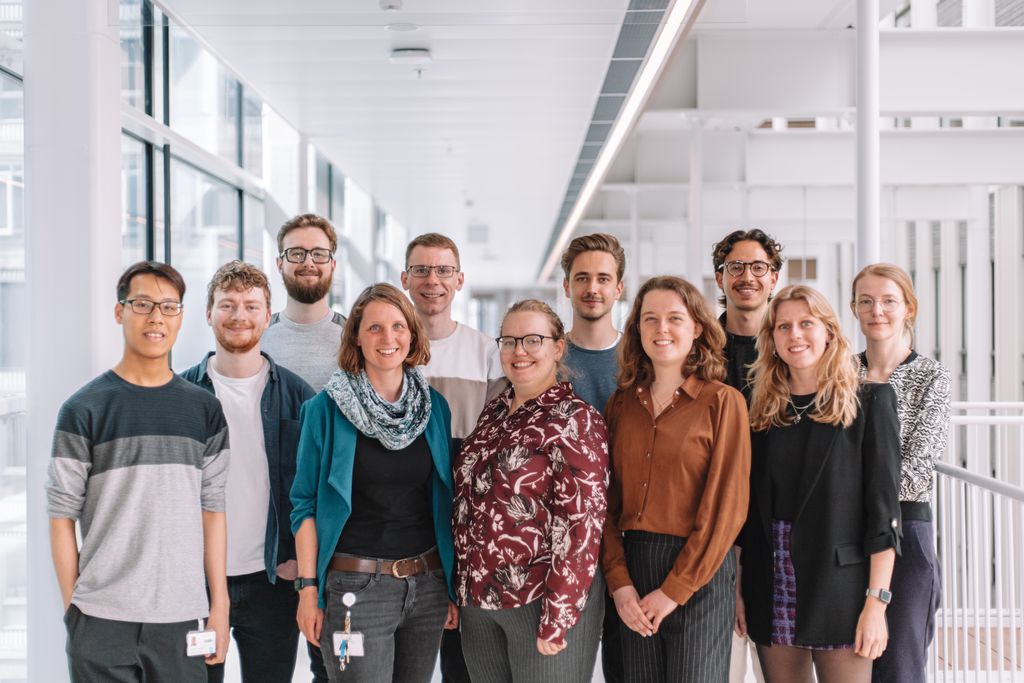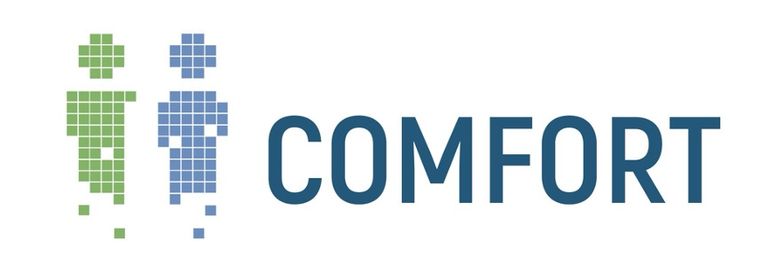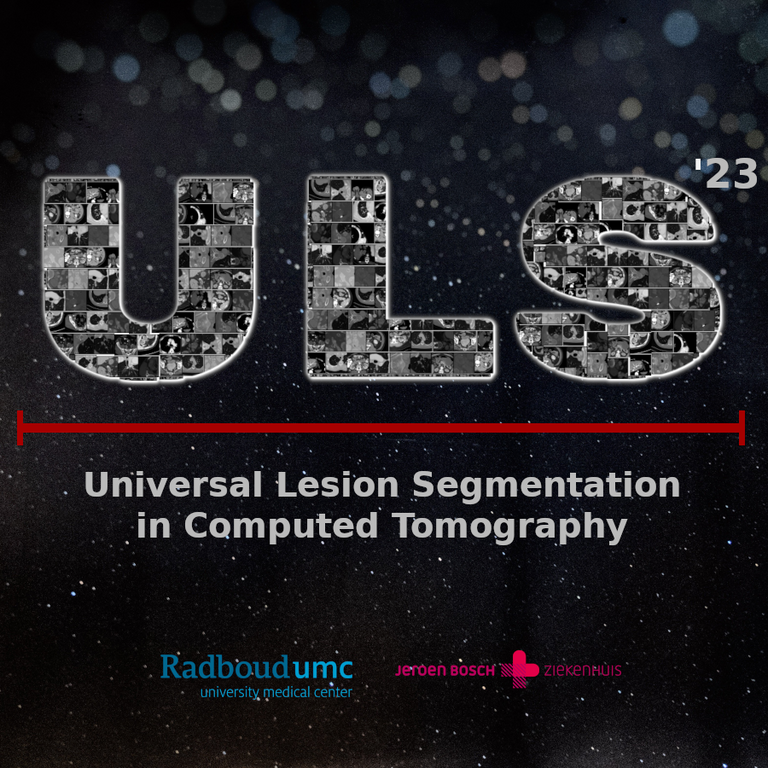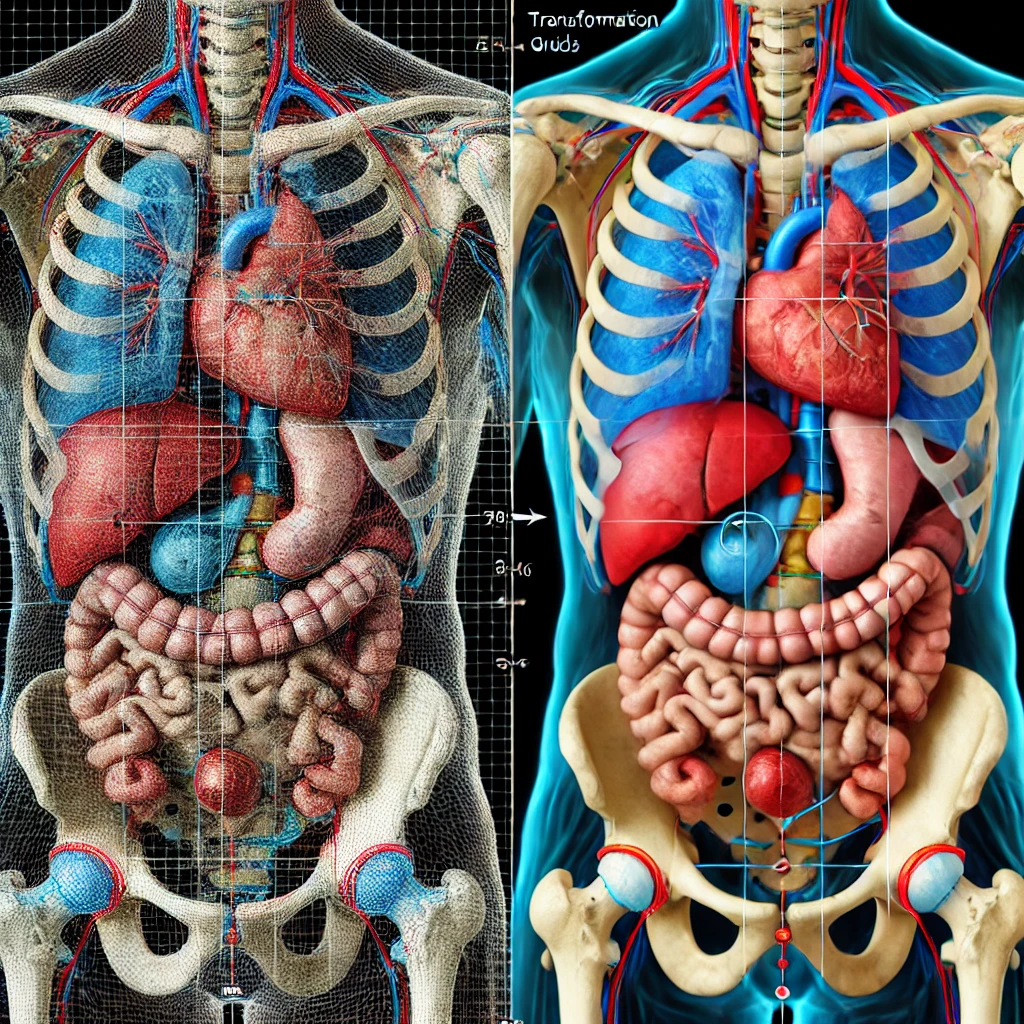With global cancer incidence projected to rise by 47% by 2040, the demand for medical imaging in cancer care will increase substantially. This will worsen the existing shortage of diagnostic staff, making efficiency improvements crucial to maintaining accessible healthcare.
Radiology departments already generate vast amounts of CT scans of the abdomen and thorax for cancer patients, and interpreting these scans is both time-consuming and complex. AI-assisted reading has the potential to enhance the efficiency and quality of image-based medical diagnostics. However, most certified AI tools only evaluate scans from a single timepoint, overlooking the valuable insights gained from prior imaging—an essential component of radiologists’ assessments, especially for metastatic cancer, where follow-up imaging is crucial to evaluate treatment response.
In this research line, we aim to develop, validate, and deploy AI algorithms for cancer patients capable of combing data from multiple timepoints and integrate patients' history into the decision-making process. This research line is led by Alessa Hering.


















